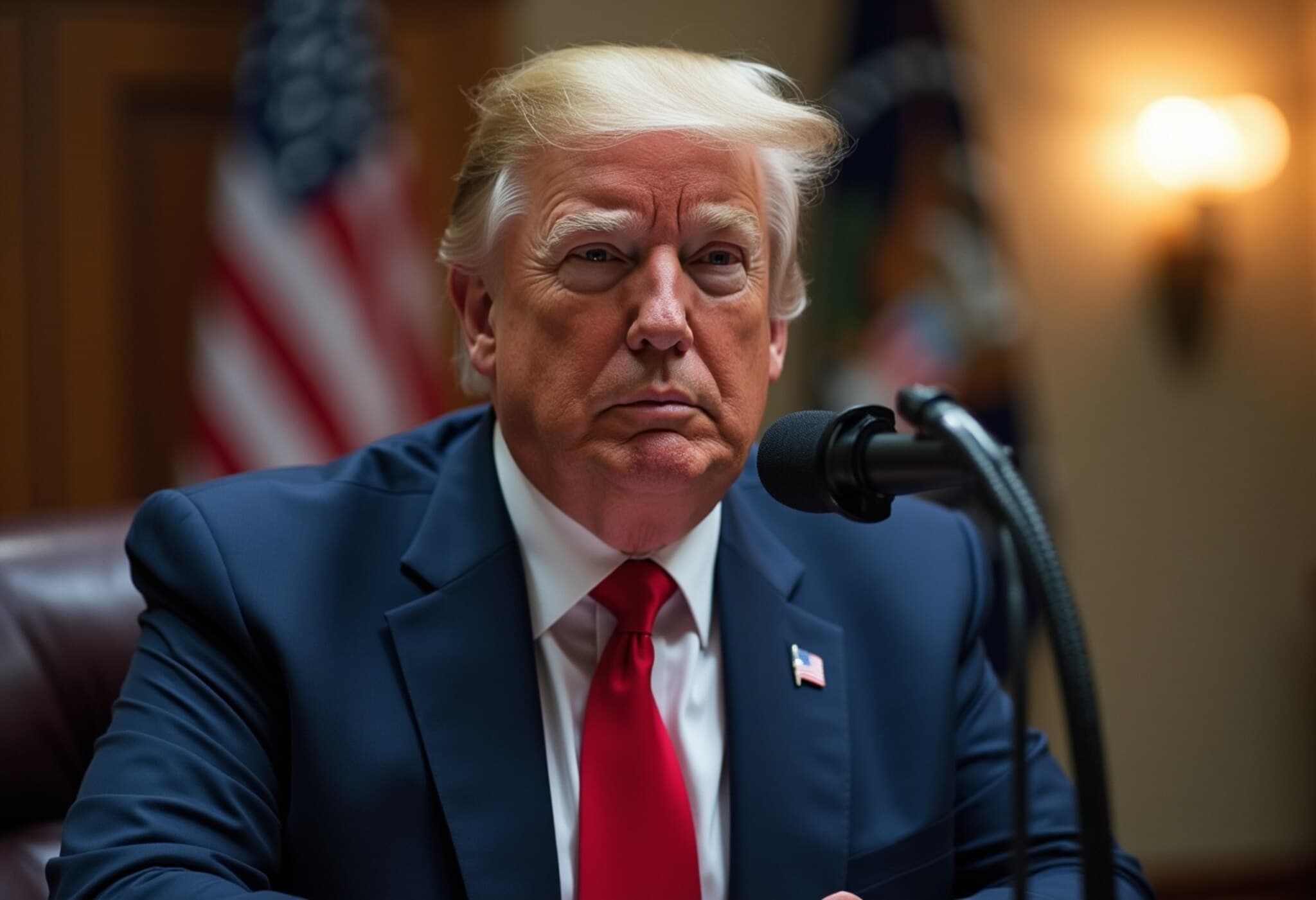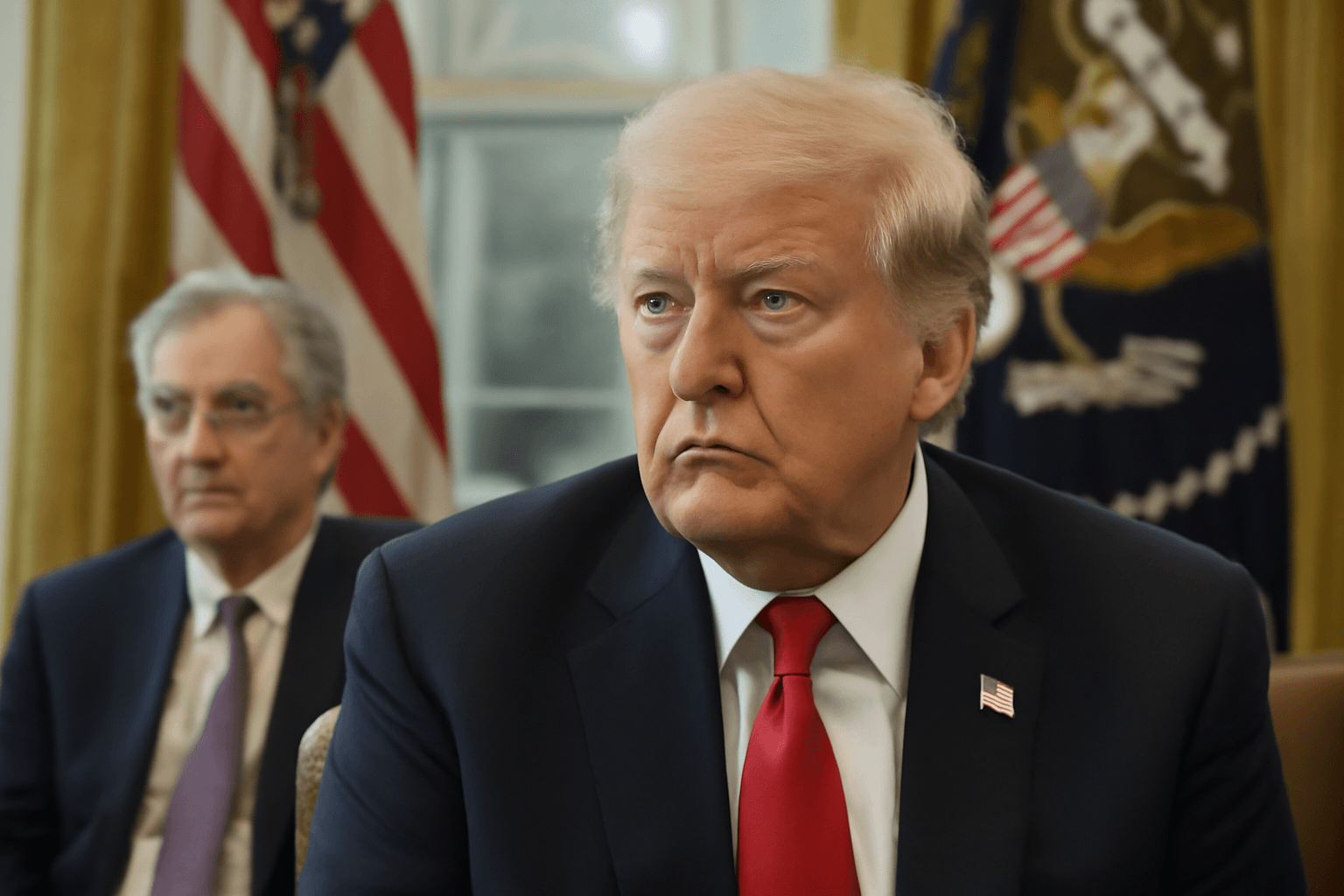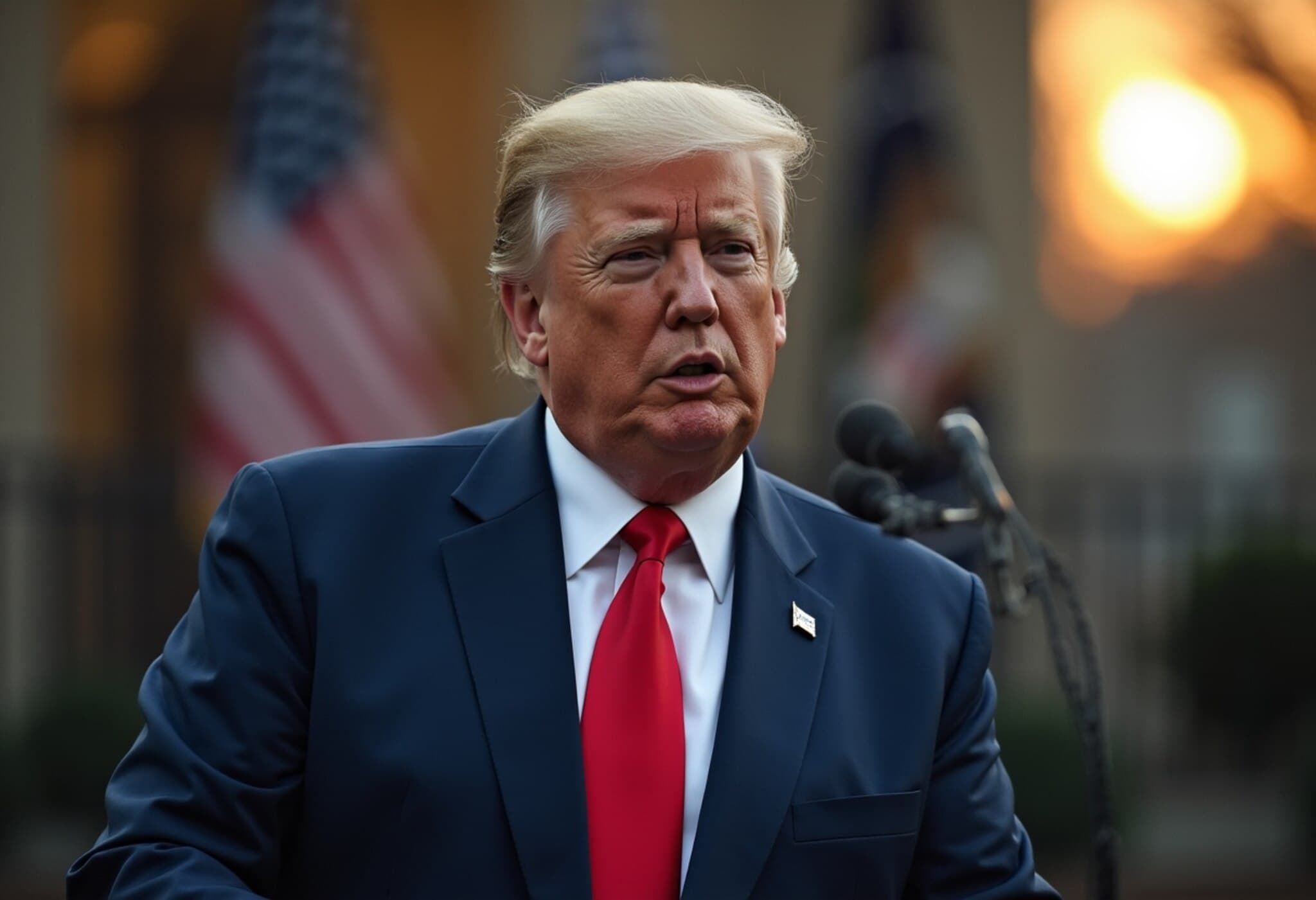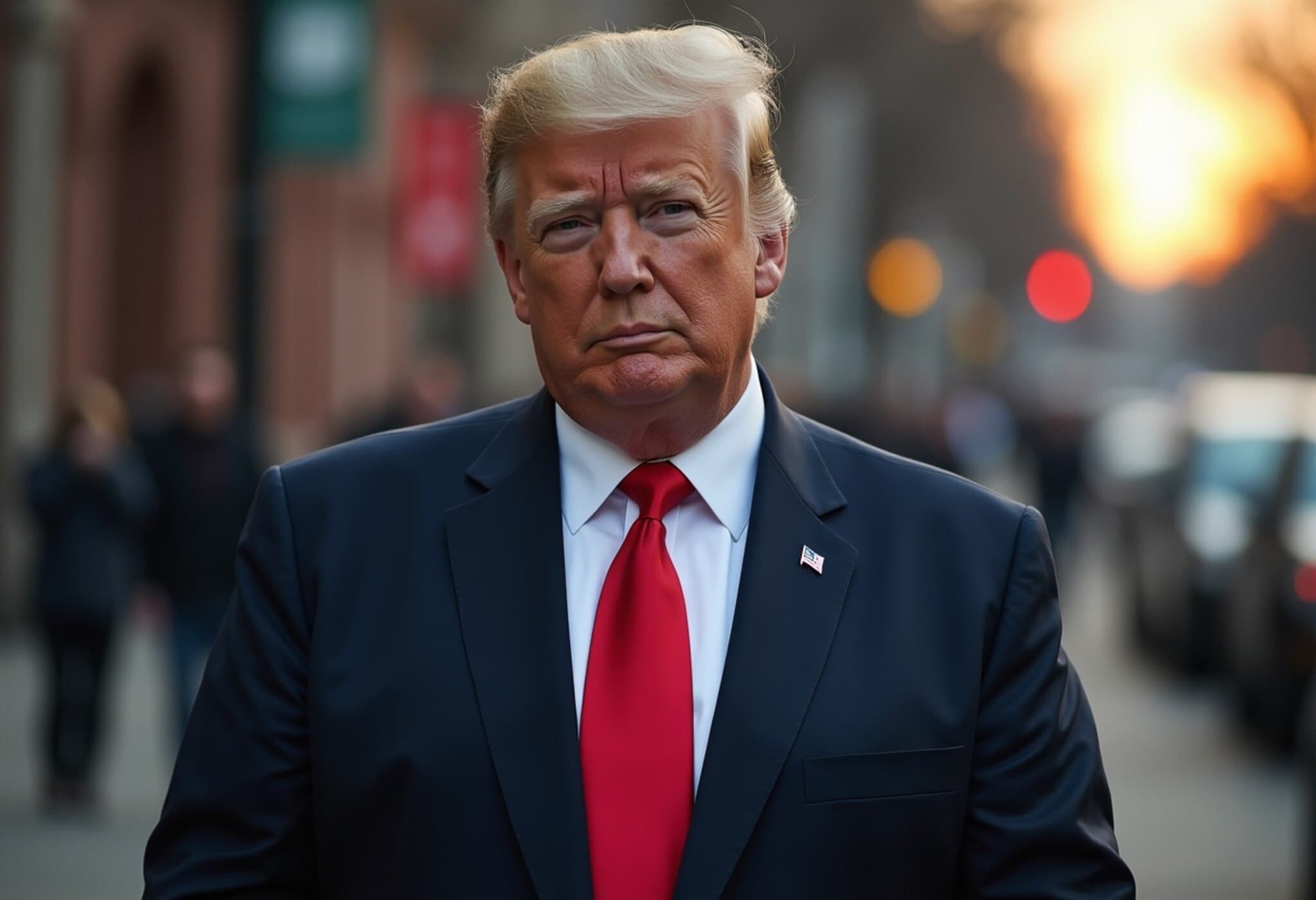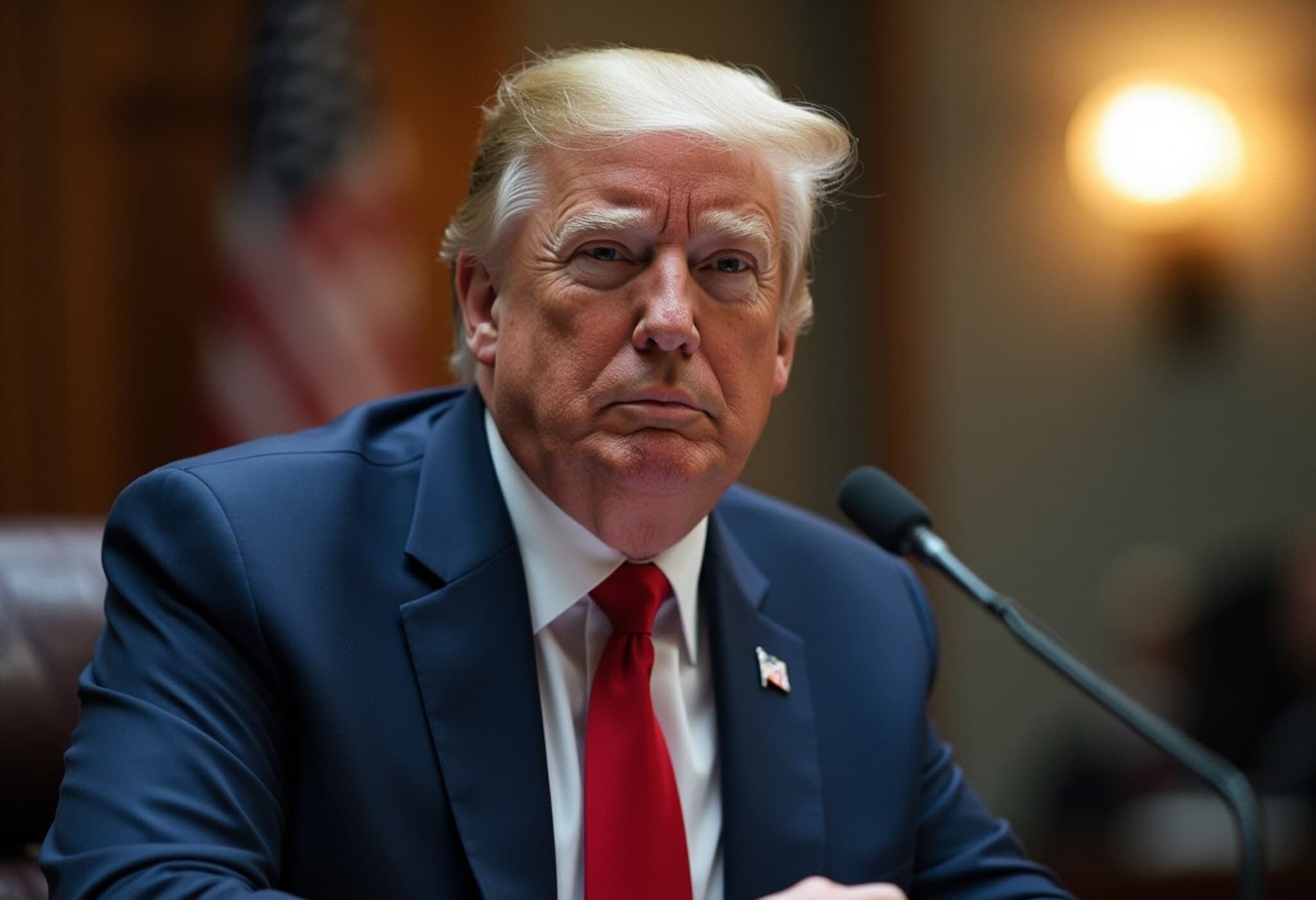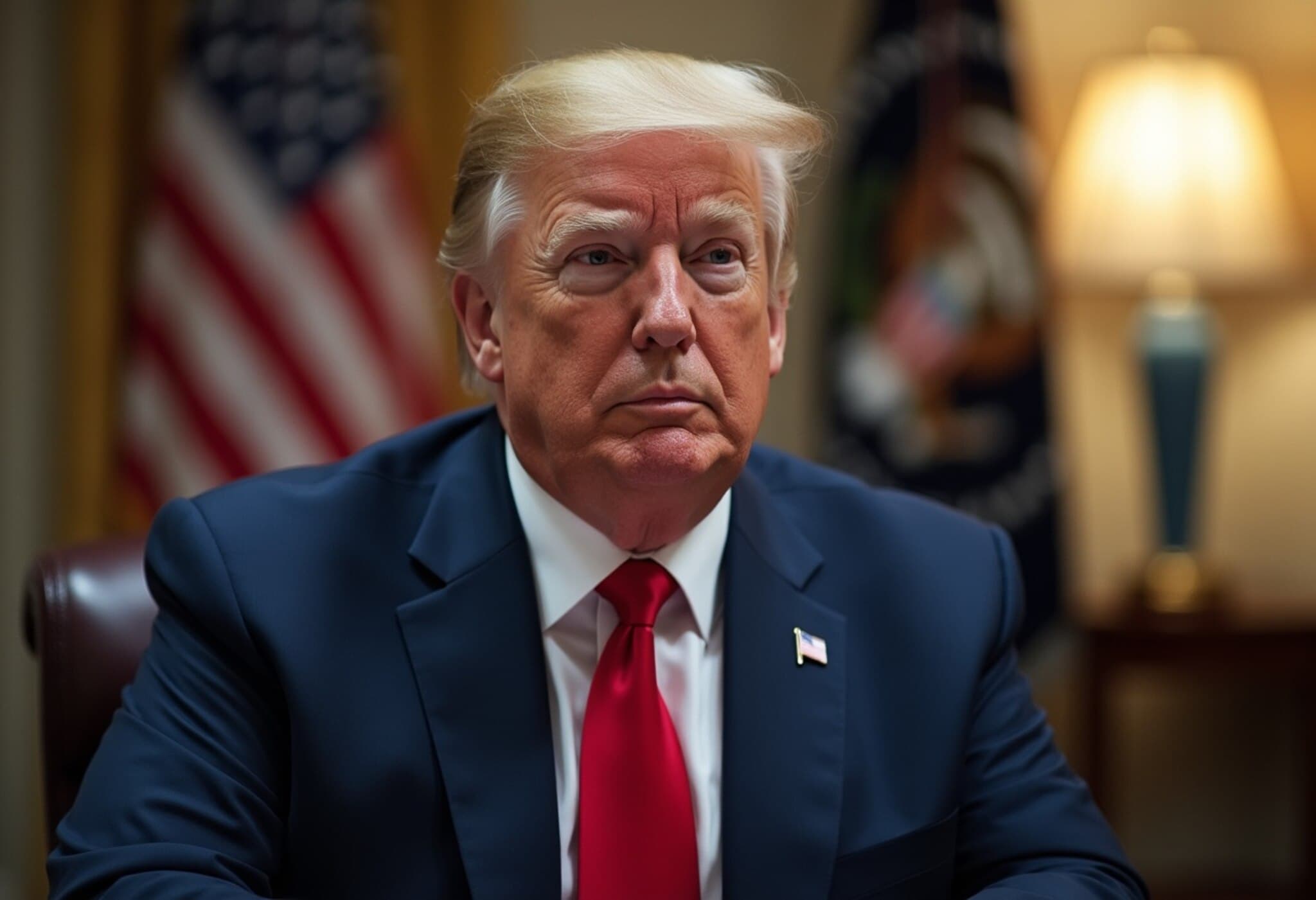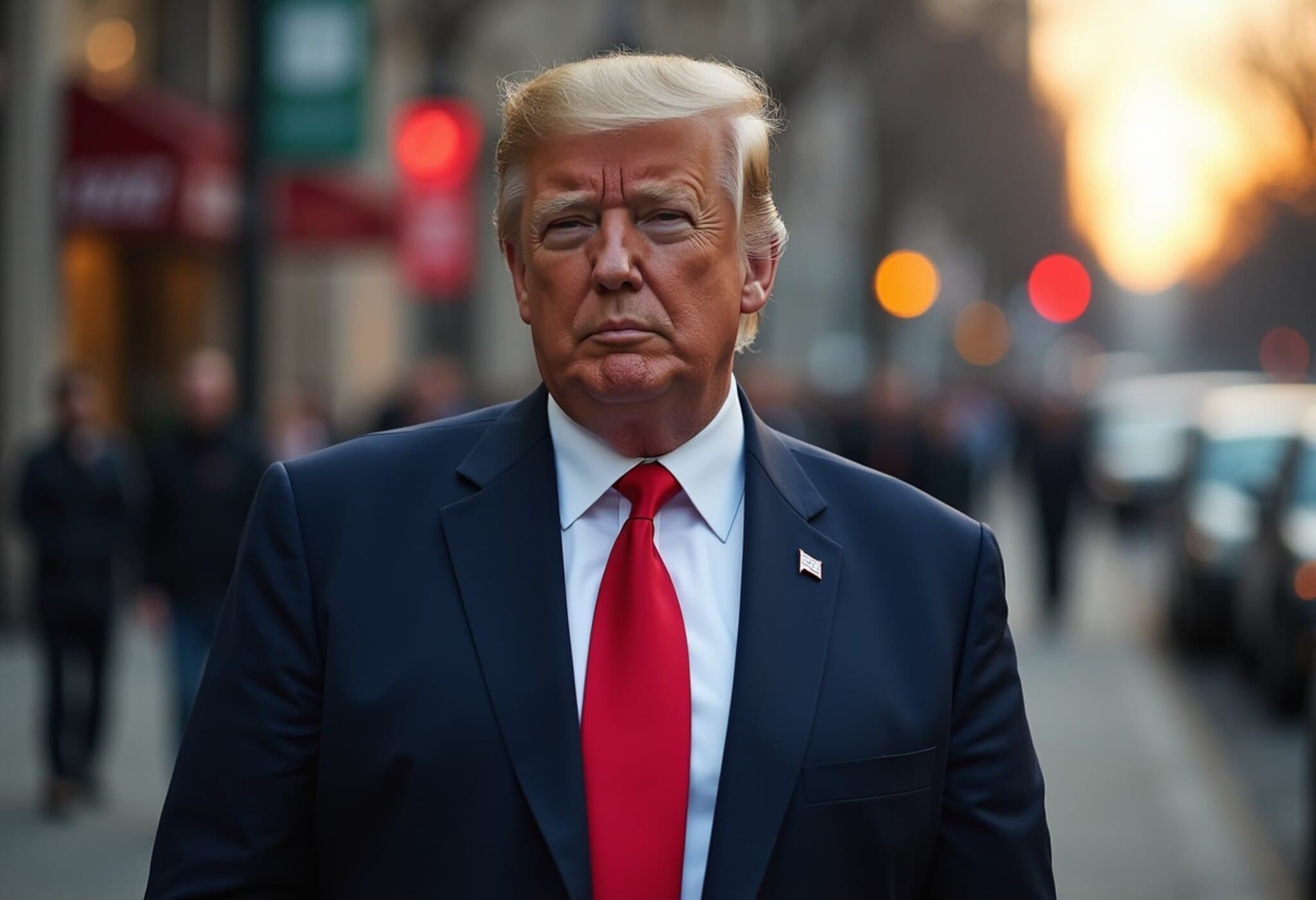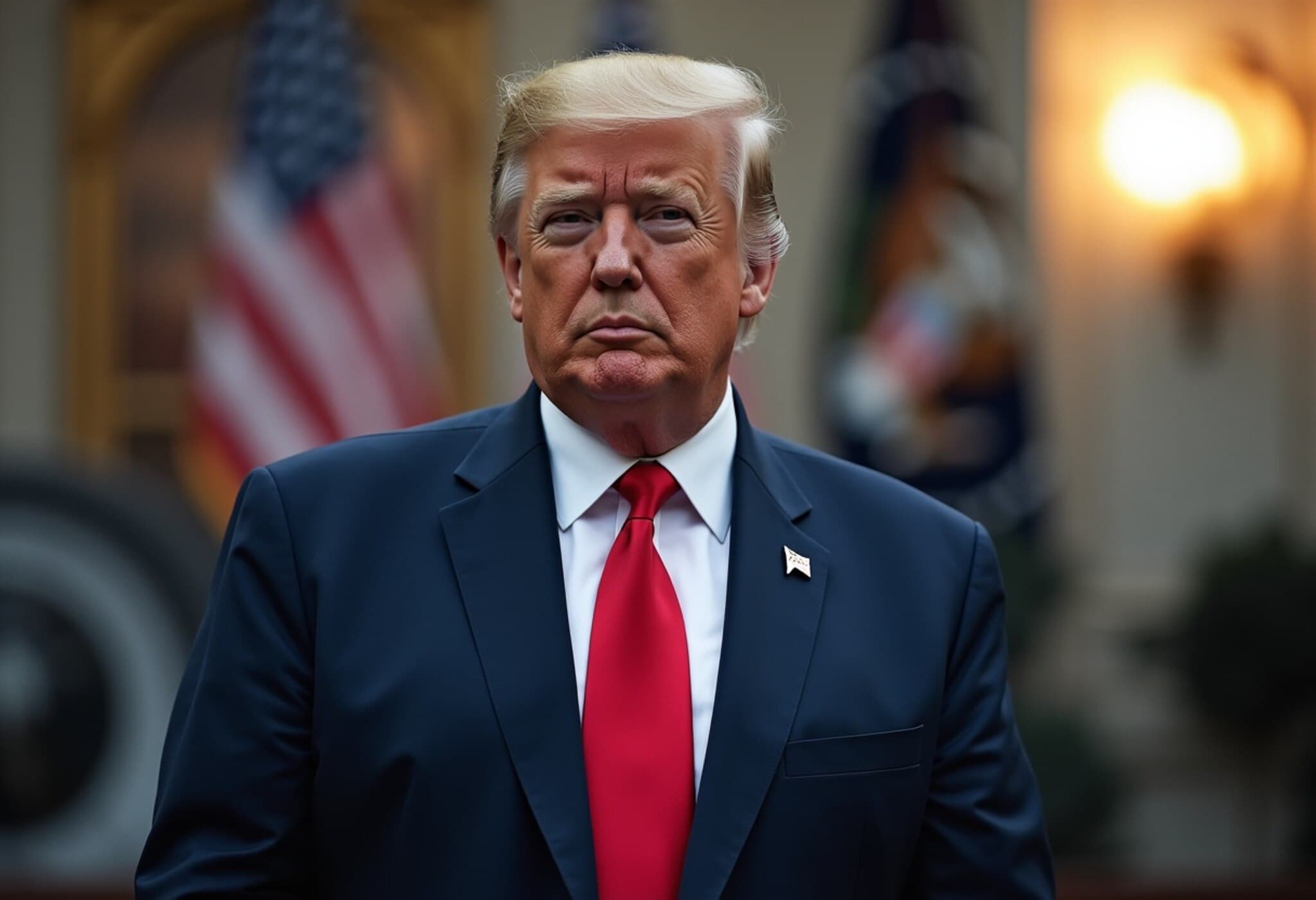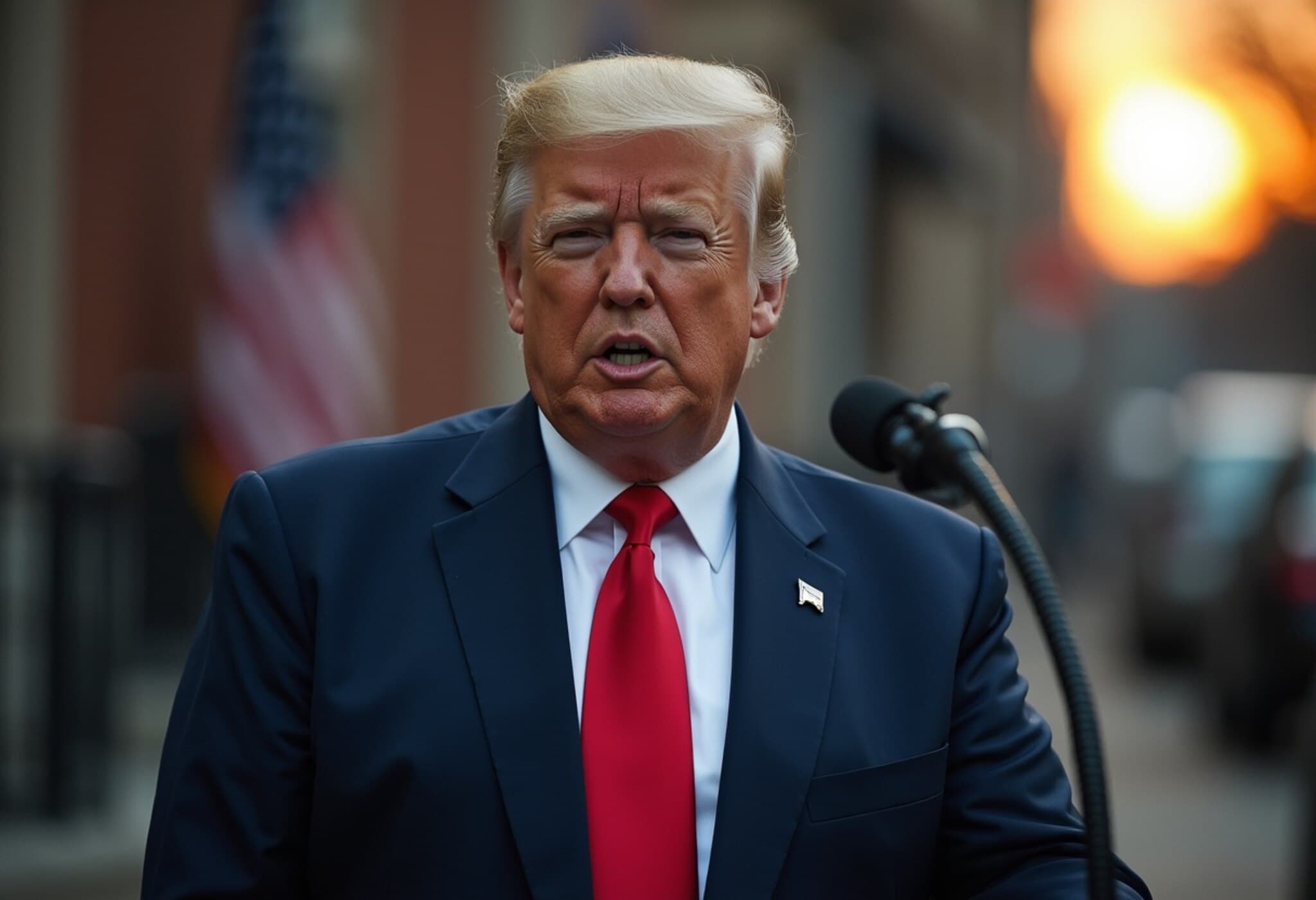Trump Issues Stark Warning Over Potential Court Rulings on Tariffs
Former U.S. President Donald Trump has issued a forceful caution against the judicial system potentially invalidating the tariffs imposed during his administration. In a recent post on his social media platform Truth Social, Trump argued that the import taxes he implemented have generated "hundreds of billions of dollars pouring into our country’s coffers," leading to a flourishing stock market with records broken almost daily.
Tariffs as a Catalyst for Economic Strength, According to Trump
Trump portrayed these tariffs as a cornerstone of American economic resurgence, claiming they have contributed to "the largest amount of money, wealth creation and influence the USA has ever seen." He emphasized that any late-stage court intervention undoing these measures would not only reverse these gains but could push the country into an economic catastrophe comparable to the 1929 Great Depression.
Legal Battles and the High Stakes of Tariff Cases
Trump’s statements come amid ongoing legal challenges to his tariff policies. Historically, tariffs have been a contentious aspect of U.S. trade and economic policy, balancing protectionism with global trade commitments. Trump's warning underscores the high stakes involved: he argues that if courts were to invalidate tariffs "at this late date," it could cause irreversible economic damage.
Contextualizing the Warning: Economic Reality and Legal Nuances
While the former president paints a dire picture, experts caution that the economic landscape is complex. Tariffs can both protect domestic industries and provoke retaliatory measures from trade partners, sometimes causing inflationary pressures on American consumers. The analogy to the Great Depression, while evocative, is an extraordinary claim that many economists argue oversimplifies the multifaceted causes of that historic downturn.
Regional and Policy Implications
- For American Manufacturers: Some sectors benefited from tariffs shielding them against foreign competition, encouraging domestic production.
- Consumer Impact: Import taxes often trickle down as higher prices for everyday goods, affecting middle- and low-income households.
- Judicial Role: Courts face a delicate balance in adjudicating these tariff disputes, considering legal precedents, international agreements, and economic consequences.
Expert Insight
Trade analyst Dr. Laura Chen from the Brookings Institution notes, "Tariffs are a blunt instrument in trade policy. While they can provide short-term relief to certain industries, long-term reliance risks damaging global supply chains and increasing costs for consumers. Courts play a critical role in ensuring that such economic policies align with legal frameworks and international commitments."
Looking Ahead: What This Means for America’s Economic Trajectory
As the legal battles continue, the trajectory of the U.S. economy remains closely tied to how these tariff disputes resolve. Trump's assertion that America "deserves success and greatness, not turmoil, failure, and disgrace" reflects a broader political narrative on economic nationalism and American competitiveness. Whether courts uphold or overturn these tariff policies will have implications not only for economic policy but also for the ongoing debate about America's position in the global trade order.
Editor’s Note
The heated rhetoric surrounding tariffs and judicial intervention highlights enduring tensions between economic policy, legal authority, and national interest. Readers should consider the multifaceted effects of tariffs—not just in terms of macroeconomic indicators but also their impact on everyday Americans. Future developments will reveal whether the courts side with economic pragmatism or political symbolism in this high-stakes dispute.

